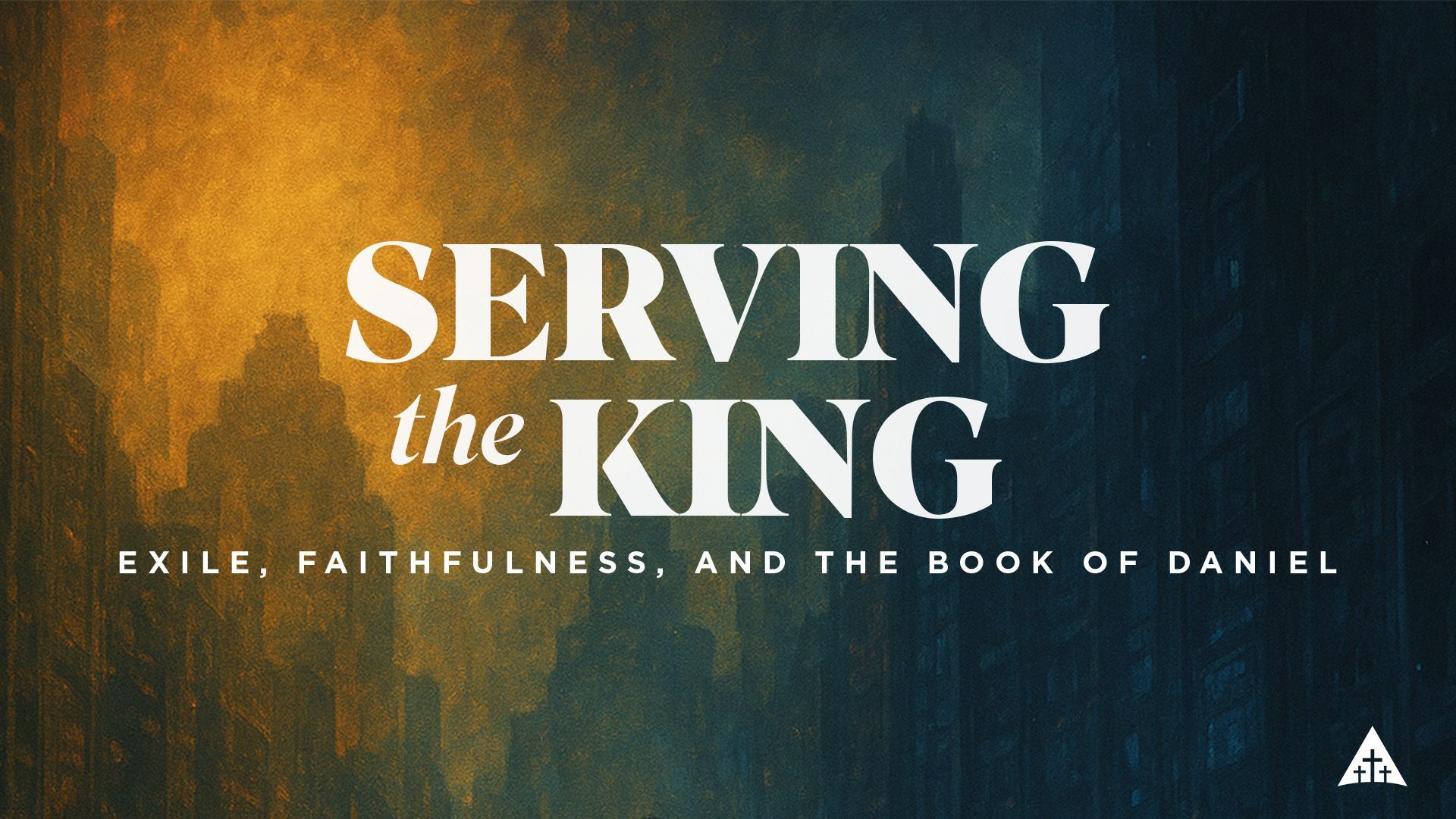Luke 22 & 23
Suffering Glory
Luke 22 & 23
Joel Miles
March, 24 2024
With a friend, your family or in your small group, discuss the following questions:
- Before diving into Luke 22:54-23:25, it is important to have the context in our minds, in particular Jesus’ prediction that Peter would deny him after Peter guarantees he will not (Lk. 22:33-34), Jesus’ claim that he needs to fulfill Isaiah 52:13-53:12 (Lk. 22:37), Jesus’ prayer “not my will, but yours be done” (Lk. 22:42), and Jesus’ claim that this is the hour when darkness reigns (Lk. 22:53). Read each of these texts, including Isaiah 52:13-53:12, and summarize what you see. Based on this context, what do you believe Luke is seeking to show us in Luke 22:54-23:25?
2. Read Luke 22:54-62. Why do you think Peter disowned Jesus after guaranteeing he would not? How do you think seeing Jesus arrested and not doing anything about it affects Peter?
3. Why does Luke call Jesus “The Lord” in 22:61? How does Peter’s rejection of Jesus specifically reveal Jesus’ Lordship? Why is this so counterintuitive to us? How does this begin to show us God’s nature and love for us?
4. Read Luke 22:63-71. What are the assumptions one needs to have about the Messiah to say “If you are the Messiah, then tell us?” How does Jesus respond to this, and how does it expose the people? How do these verses show us that Jesus was killed for being the Messiah?
5. How does Pilate respond to Jesus? How does his response still lead to Jesus’ death? What does this tell us about just being agnostic toward Jesus?
6. Compare Luke 23:25, Luke 22:42, and Isaiah 53:10. Why is it significant that God’s will was to be crushed on the cross, and the people also sought to crush Jesus on the cross? What does this show us about humanity? What does it show us about God?
7. Read Luke 23:18-25. The name Barabbas means “son of the father.” What is the significance of the people asking for Barabbas in Jesus’ place? What does this show us about humanity? Recall Isaiah 52:13-53:12. How is this exchange also in line with God’s will? What does this show us about God and his forgiveness and love for us?


